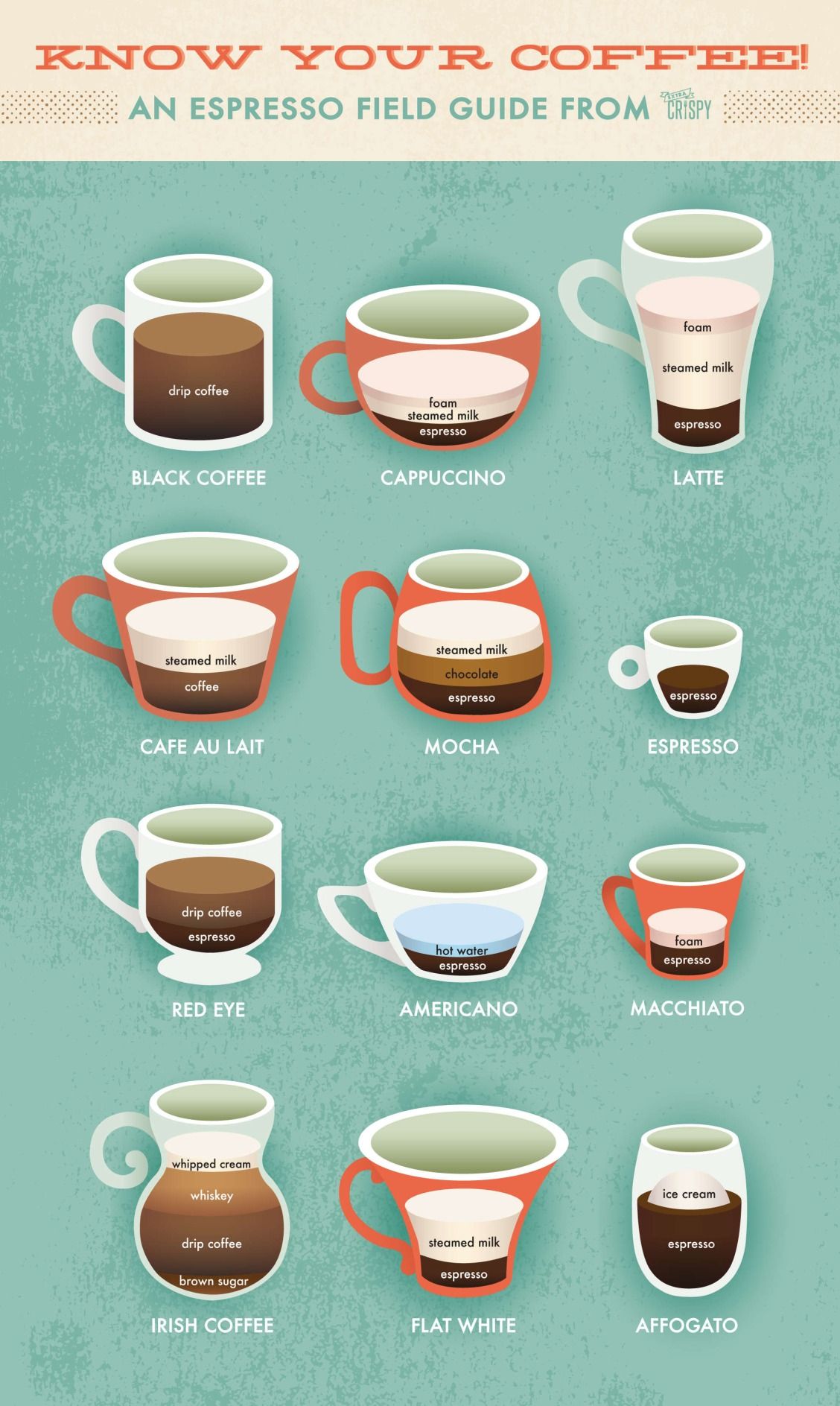


The higher the water pressure and temperature, the more flavor (and caffeine) get extracted too. The majority of coffee makers and machines use pressurized hot water to extract coffee. Just remember that both the coffee beverage type and size can drastically alter the caffeine content. We’ve developed a comprehensive guide to coffee drink caffeine levels in case you want to run similar comparisons. This means that one espresso shot can give you a maximum of 64 mg of caffeine, while a latte would give you as much as 86.4 mg of caffeine or more! However, espressos are only available in 30 ml servings whereas lattes are typically served in cups of 240 ml or more. On the surface, it would seem lattes are the perfect choice when trying to lower your caffeine intake. This is because varying levels of caffeine can be found across the variety of coffee drinks available on the market.įor example, an espresso packs an impressive 2.1 mg of caffeine per ml, while a latte has just 0.36 mg of caffeine per ml. It can be tricky to draw a direct comparison between tea and coffee caffeine levels. So if you’re looking to reduce your caffeine intake, one simple way to do so would be to switch from coffee to tea. This also contributes to why we end up consuming more caffeine through coffee. We also generally use more coffee per cup than we do tea. This means that caffeine content is actually higher in a cup of coffee compared to a brewed cup of tea.

However, more caffeine is extracted from coffee beans during the brewing process. If we look at a single tea leaf compared to a single coffee bean, a tea leaf contains 3.5% of caffeine, while coffee beans contain 1.1–2.2%. Does Tea Have More Caffeine Than Coffee? The Factors to Consider This article will explore all the factors that help determine how much caffeine actually exists in each drink and what that can mean for your health. This is because there are several key factors that impact caffeine extraction, which also affects how much caffeine we end up drinking. So a cup of coffee will have more caffeine than a cup of tea. Measuring per gram and in its unbrewed state, tea leaves generally contain more caffeine than coffee beans.īut the brewing process tends to extract more caffeine from coffee beans. Does tea have more caffeine than coffee? The short answer is yes.


 0 kommentar(er)
0 kommentar(er)
